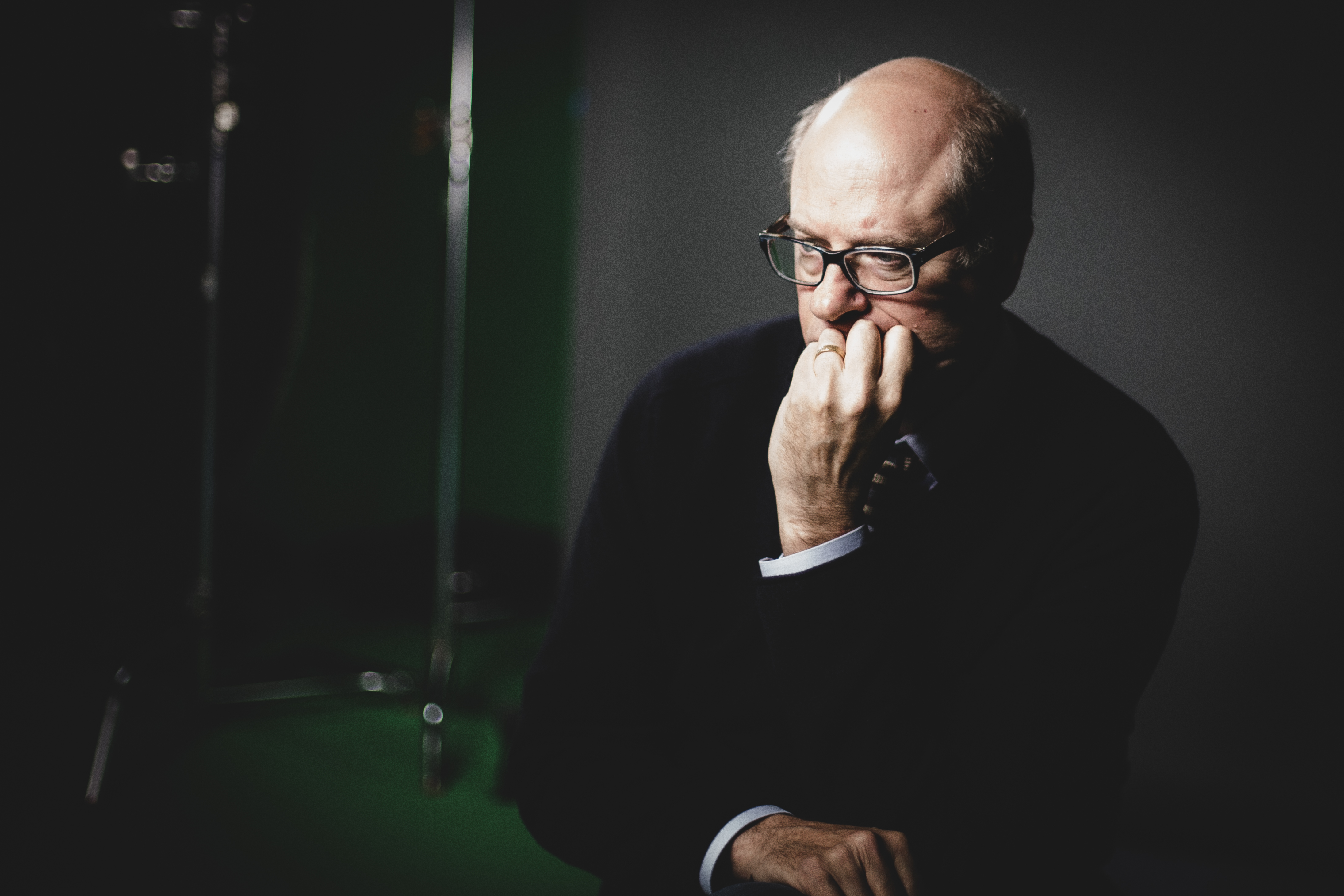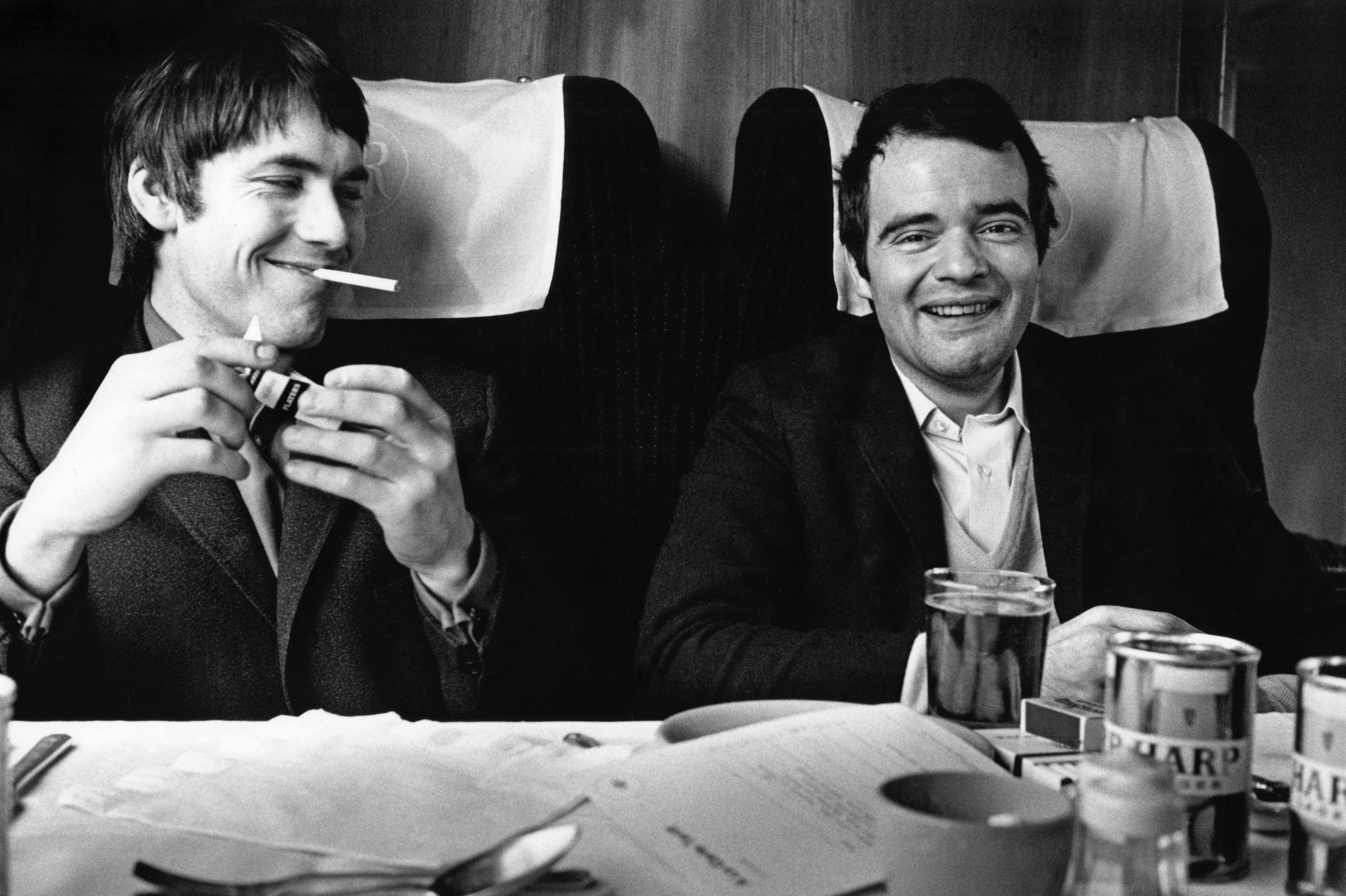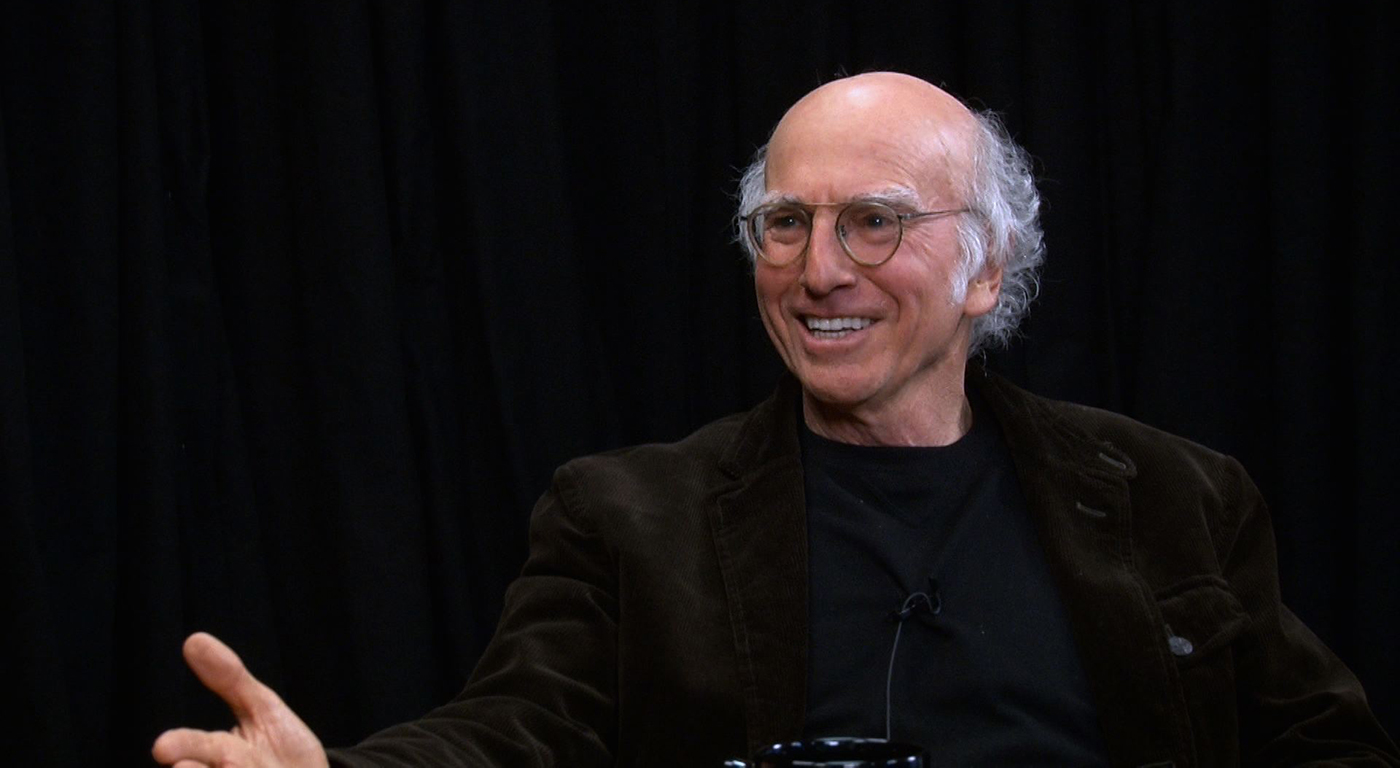HELENE IS A FRENCH bourgeois June Cleaver, a sweet, fumbling gray-haired mom who dotes over her withdrawn son to the neglect of her affection-starved daughter. She frets over family problems with intense sincerity, making every attempt to understand and encourage her kids—to be “with it.” When her daughter liplocks with her boyfriend in the foyer with a little too much enthusiasm, Helene clears her throat in place of scolding. When dinner guests cancel at the last minute, she makes a show of practiced egalitarianism by inviting their working-class Spanish maid and her husband (a black gym teacher from Cameroon). But when her children begin to deviate from her conservative social standards, all her husband Jean can offer are bland aphorisms before withdrawing behind a crossword puzzle. “Youth must sow their wild oats,” he reassures his worried wife. “Yes, but does that include being a homosexual and a practicing sadomasochist?” she counters.
SITCOM
written and directed by Francois Ozon
starring Evelyne Dandry and Francois
Martrhouret
plays October 1-14 at The Grand Illusion
Sitcom turns the paradigmatic TV family comedy on its ass. But despite its title, Ozon doesn’t so much parody sitcom conventions as use them as a starting point for social satire. This is the familiar nuclear family unleashed to act out its most repressed urges, all in the familiar setting of the spacious, protective home—complete with wacky Spanish maid. With absurdist conceit, Ozon introduces the catalyst of change in the form of a pet rat brought home by Dad. As each member of the family makes contact with the pink-eyed beast, the soundtrack is invaded by ominous, atonal music, followed by increasingly deviant and transgressive behavior. And all of it is presented with a kind of matter-of-fact tone: See what wackiness we’re up to now.
AND WACKY IT IS. Where Ozon tackled class difference and frustration with an icy, unsettling intensity in his short feature See the Sea, here he satirizes convention, conformity, and so-called family values with comic collisions of class, race, gender, and sexual orientation. With a sure hand, reminiscent of Bu� in his final films, Ozon sets up unexpected sight gags and elaborate jokes—one involving a parade of gay men streaming into the son’s room, a handful of zucchini, and his mother’s piqued curiosity. Ozon salts his script with increasingly deadpan non sequiturs, walking a fine line between inspired spoofery and bad taste. But even at his most blatantly perverse (and it gets extreme), he invests his characters with flailing sincerity, uprooted from their false fronts but uncertain where their real identities lie.






